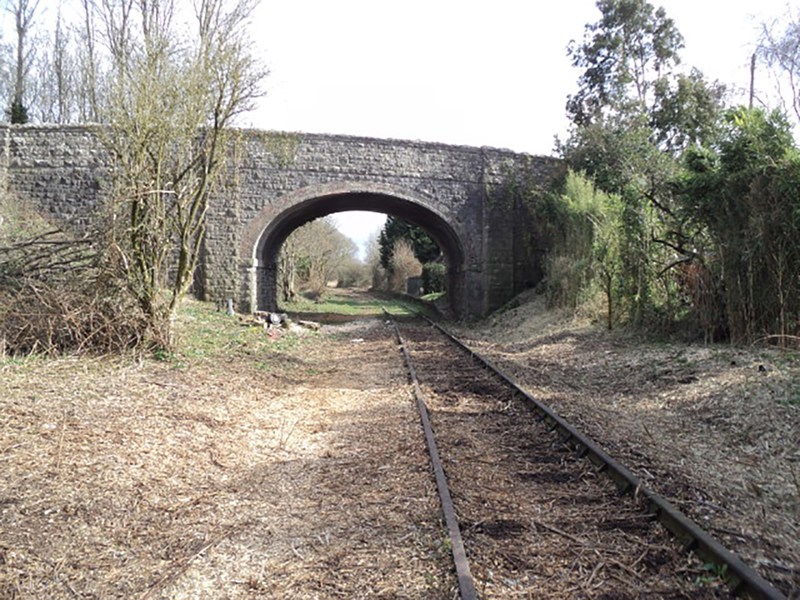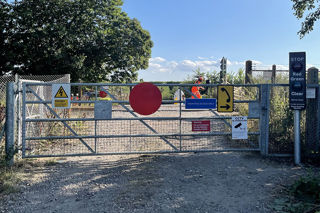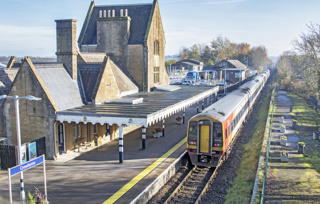
The announcement that work to restore passenger services on the Portishead branch is set to start this year has been described as a “relief”.

The announcement that work to restore passenger services on the Portishead branch is set to start this year has been described as a “relief”.
West of England Mayoral Combined Authority (WMCA) announced on February 10 that the final £30 million (split £27m/£3m respectively with North Somerset Council) can now fund the reopening of the line. It is hoped that work will start this summer with trains running by the end of 2027.
“At last, after 25 years of campaigning, a six-mile freight line and three miles of mothballed track is now going to be open to the use of passengers,” said Alan Matthews, Chair of Portishead Rail Group (PRG).
Since 2002, more than half of the branch has been used by freight trains heading to and from Royal Portbury Dock, but the last passenger services to Portishead ran in 1964. Once complete, the project is expected to have cost around £182m.
West of England Mayor Dan Norris said: “This is a massive moment for the West of England - one that generations have eagerly waited to see.
“This is great news for residents, businesses, and our environment - and truly a red-letter day for our fantastic region.”
New stations at Portishead and Pill will be built for the opening of the line. The possibility of a new station at Ashton Gate, where up to 1,200 homes could be built in future, is also being explored.
The disused bullhead rail still in place beyond Portbury Dock will need to be replaced, while new signals will also be installed. The estimated £182.2m price tag also includes infrastructure upgrades to support enhanced services on the Severn Beach and Westbury lines.
Network Rail welcomed the news, saying it looked forward to “turning these ambitious plans into reality, subject to approval”.
Campaigners have called for the line to be reopened since 2000. Matthews explained to RAIL that in a bid to win local authority support, PRG’s strategy evolved to focus on the benefits of having a station in Portishead as well as the ability to carry unemployed Bristol residents to work in Portishead.
Plans to reopen were approved in 2012. Five years later, the prospective opening date was 2020, with costs rising during that time from £70m to £116m. A Development Consent Order sat with the Department for Transport (which is also contributing funding) for three years until it was eventually signed off in November 2022.
The full business case was submitted to the DfT in December 2024. RAIL understands the benefit:cost ratio is 2.16:1.
WCMA said a rush hour journey would take 23 minutes, compared with 50 minutes by bus or 65 by car. It’s anticipated that reopening the line will remove eight million car miles by 2044, as car commuting is reduced by 5.5%. WCMA also said the line will unlock an estimated £43m in economic growth each year.
Norris met Lord Hendy in early February, days before the Rail Minister confirmed the deal that will allow WCMA to allocate the final £30m.
A DfT spokeswoman said the reopening was, as with all projects that involve government funding, “subject to the upcoming Spending Review”. However, Matthews was confident the line would now reopen.
“The people in the know, who would have a lot to lose, have put their names to it,” he said.
If approved, enabling works are expected to begin this summer. These will include identifying compound areas, changing the road layout of Quays Avenue to make way for the new Portishead station, and land acquisitions.
Login to continue reading
Or register with RAIL to keep up-to-date with the latest news, insight and opinion.


















Login to comment
Comments
No comments have been made yet.